What's happening with the Nord Stream pipelines?
A mystery that could leave Europeans out in the cold

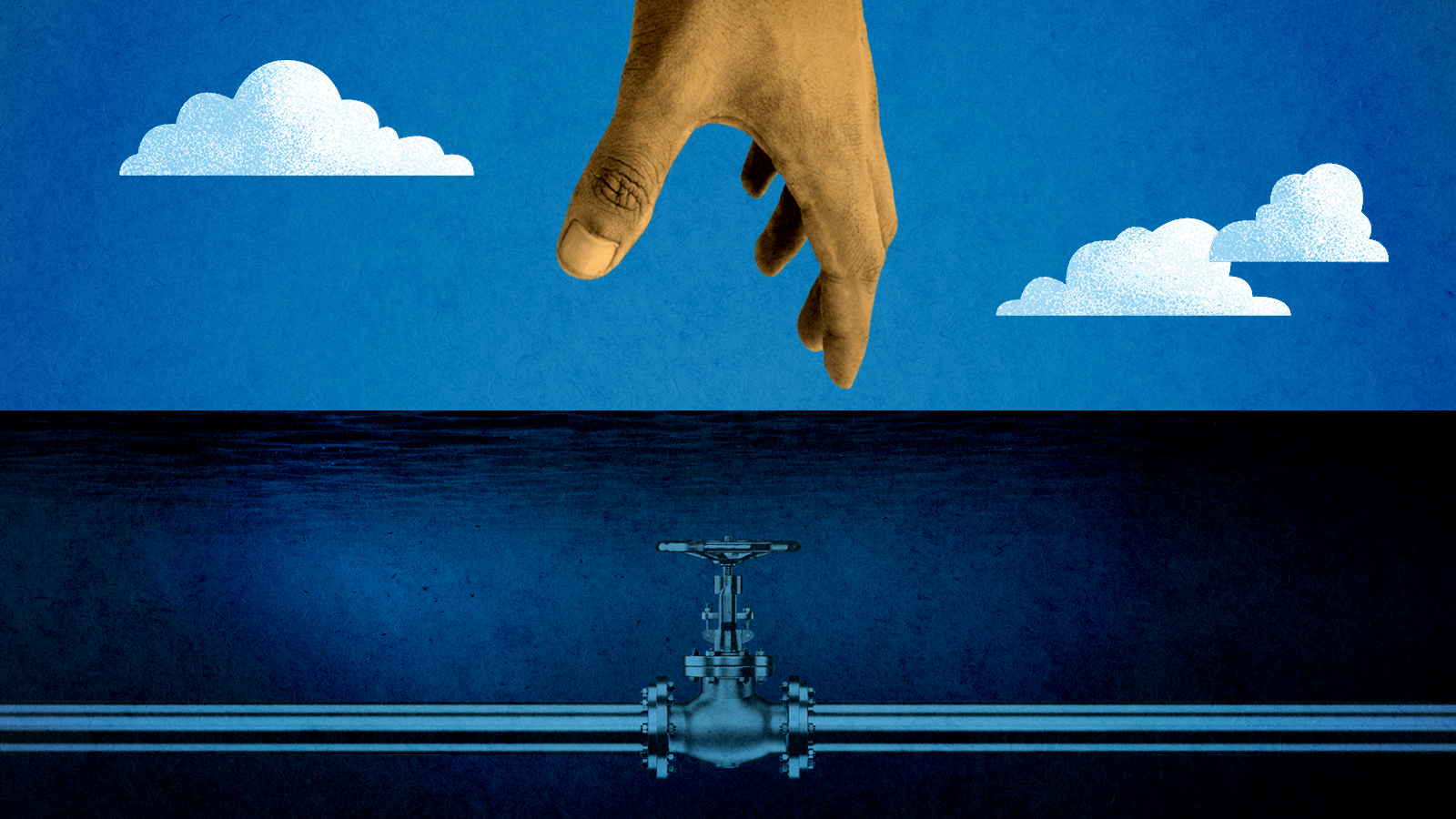
A free daily email with the biggest news stories of the day – and the best features from TheWeek.com
You are now subscribed
Your newsletter sign-up was successful
Somebody has sabotaged the Nord Stream pipelines.
At least four leaks have appeared in the pipelines — both Nord Stream 1 and Nord Stream 2 — that are used to carry gas through the Baltic Sea from Russia to the rest of Europe. On Thursday, NATO formally declared the leaks to be an act of sabotage. "Any deliberate attack against Allies' critical infrastructure would be met with a united and determined response," vowed NATO Secretary-General Jens Stoltenberg.
So who did it? And why? Some fingers are pointing to Russia — and Russia is pointing fingers right back. All of this is going on amid Russia's war against Ukraine, of course, as well as a European energy crisis stemming from that war. What will the Nord Stream leaks mean for a continent in crisis? Here's everything you need to know:
The Week
Escape your echo chamber. Get the facts behind the news, plus analysis from multiple perspectives.

Sign up for The Week's Free Newsletters
From our morning news briefing to a weekly Good News Newsletter, get the best of The Week delivered directly to your inbox.
From our morning news briefing to a weekly Good News Newsletter, get the best of The Week delivered directly to your inbox.
What are the Nord Stream pipelines?
They don't carry all of Russia's natural gas exports to Europe, but they do carry a lot of it. They're owned by Gazprom, the giant Russian energy firm. The first pipeline was announced in 1997 and became operational in 2011, CNN reports. "For the past decade, it has been a key artery carrying Russia's vast gas supplies to Europe, accounting for about 35 percent of Europe's total Russian gas imports last year." The second pipeline was completed last year, but just as it was about to go into operation, Russia invaded Ukraine — and Germany shut the whole thing down.
Was it controversial before the war?
Absolutely. CNBC reported in 2019 that while the pipelines were seen by Europeans as a "sustainable way to ensure European energy security," there were many observers — particularly in the United States — who worried that "Germany's dependence on Russian energy … could make it susceptible to exploitation and more vulnerable to interference." Then-Energy Secretary Rick Perry warned that "Russian gas has strings attached," and Sen Ted. Cruz (R-Texas) was a vocal advocate of imposing sanctions on the second pipeline long before Russia invaded Ukraine.
"Putin's end game is his assured stranglehold over the European energy market," Cruz said in 2020. That would "allow Putin to hold winter energy supplies hostage for the ransom of European Union political deference."
What has happened since the war started?
The worries were justified. Even as European nations have cut off Russia's access to their markets, they've tried to avoid a complete cutoff of energy supplies, but that hasn't really worked out. In April, Russia cut off gas deliveries to Poland and Bulgaria, "cranking up retaliation for Western sanctions imposed for Moscow's invasion of Ukraine," Reuters reported. Then in July, Russia entirely stopped gas deliveries through the Nord Stream 1 pipeline for 10 days, ostensibly for maintenance, before announcing an indefinite shutdown earlier this month.
A free daily email with the biggest news stories of the day – and the best features from TheWeek.com
From that standpoint, the situation is unchanged: Europe already wasn't getting gas from Russia through the pipelines. But it does add uncertainty to an already tense situation.
Winter's coming. How will Europe get through?
The tightening of gas supplies from Russia has raised prices and put a massive strain on the continent. "High energy prices are lashing European industry, forcing factories to cut production quickly and put tens of thousands of employees on furlough" and raising the risk of recession, The New York Times reports. In Britain, the national energy regulator announced in August that "U.K. residents will see an additional 80 percent increase in their annual household energy bills." And AP reports that this week, "thousands of protesters rallied again in the Czech capital on Wednesday to condemn the Czech government's handling of the energy crisis and its support for Ukraine."
So if the Nord Stream pipelines were attacked, who did it?
"The short answer is: We don't know, and we won't know for some time," Emma Ashford, a columnist at Foreign Policy, said in a Twitter thread that lays out a number of possibilities. But there is a ton of speculation.
On Fox News, Tucker Carlson made the case that the United States did it, and that it might prompt retaliatory attacks from Russia. (Pro-Putin Russian TV commenters loved that.) A Russian official said the attack "looks like an act of terrorism, possibly on a state level," and suggested the United States might be the beneficiary. Poland and Ukraine blamed Russia, the Times reports, while others suspect "Ukraine or one of the Baltic states, which have long opposed the pipelines, might have had an interest in seeing them disabled." Meanwhile, European security officials say Russian Navy ships were spotted in the area shortly before the pipelines started to leak. What is clear is that nobody — whether or not they're responsible for the sabotage — wants to take the blame.
So what does all this mean for Europe and the war in Ukraine?
There are all kinds of consequences, both in the short-term and the long. Just one example: The gas leaks have been labeled a "climate disaster" because they've released 300,000 metric tons of gas into the atmosphere.
Meanwhile, "the extent of the damage means the Nord Stream pipelines are unlikely to be able to carry any gas to Europe this winter even if there was political will to bring them online," Al Jazeera reports. That could end up being a permanent situation. "Europe is trying to move away from Russian gas, and they'll never again view Russia as a reliable supplier," the Brookings Institution's Samantha Gross tells Slate. This winter, she said, Europeans will probably be forced to put on sweaters and turn down their thermostats: "There's no question — pipeline or no pipeline, accident or no accident — that Europe is facing a real gas crisis this winter."
Joel Mathis is a writer with 30 years of newspaper and online journalism experience. His work also regularly appears in National Geographic and The Kansas City Star. His awards include best online commentary at the Online News Association and (twice) at the City and Regional Magazine Association.
-
 6 of the world’s most accessible destinations
6 of the world’s most accessible destinationsThe Week Recommends Experience all of Berlin, Singapore and Sydney
-
 How the FCC’s ‘equal time’ rule works
How the FCC’s ‘equal time’ rule worksIn the Spotlight The law is at the heart of the Colbert-CBS conflict
-
 What is the endgame in the DHS shutdown?
What is the endgame in the DHS shutdown?Today’s Big Question Democrats want to rein in ICE’s immigration crackdown
-
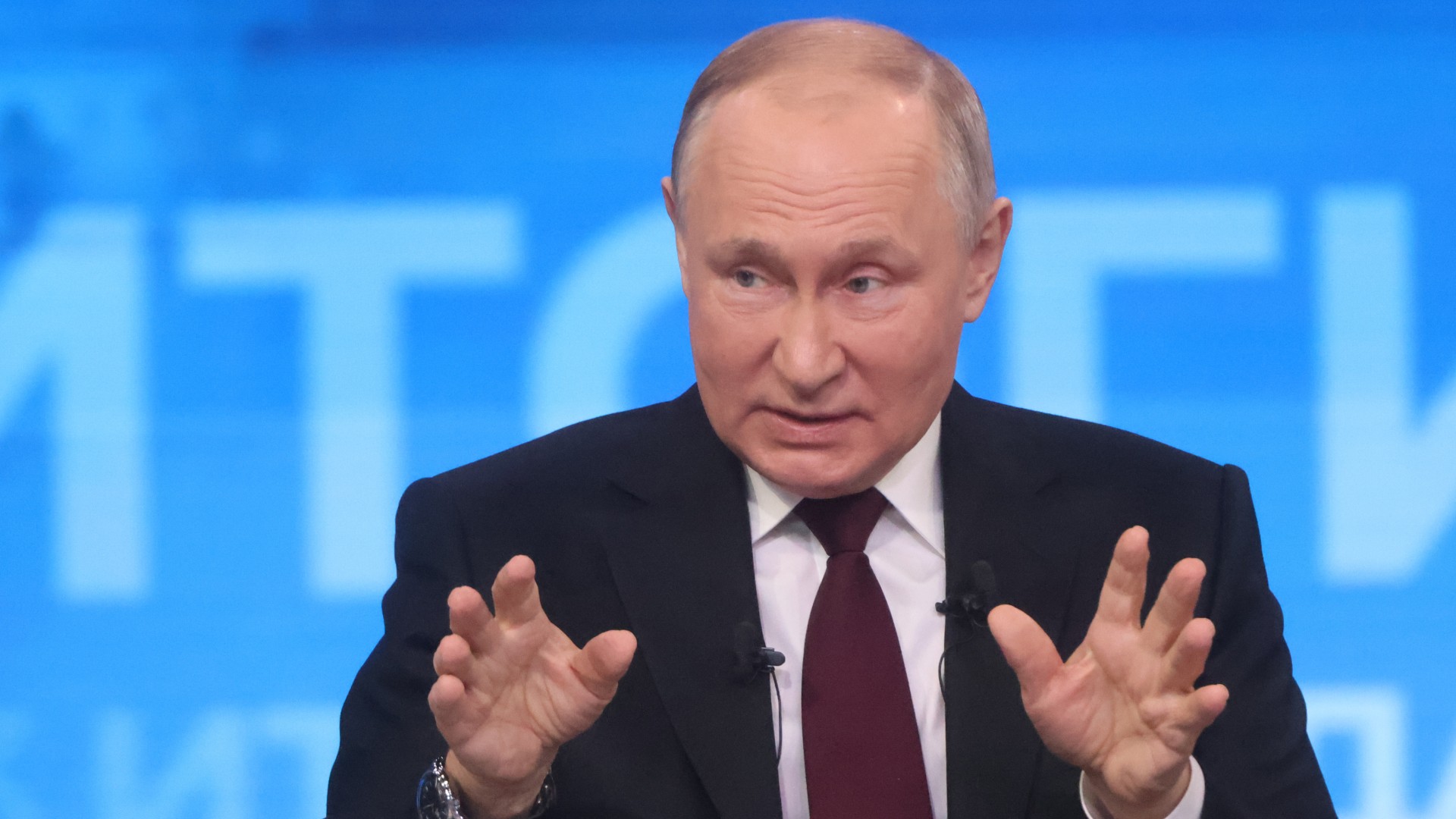 10 things you need to know today: December 17, 2023
10 things you need to know today: December 17, 2023Daily Briefing Putin rejects Biden's claim that Russia will attack NATO, Israel ramps up bombardments of Gaza overnight, and more
-
 10 things you need to know today: December 9, 2023
10 things you need to know today: December 9, 2023Daily Briefing Texas Supreme Court temporarily blocks woman from receiving abortion, European Union reaches world-first deal on AI regulations, and more
-
 Celine Dion 'civil war' in New Zealand
Celine Dion 'civil war' in New ZealandTall Tales And other stories from the stranger side of life
-
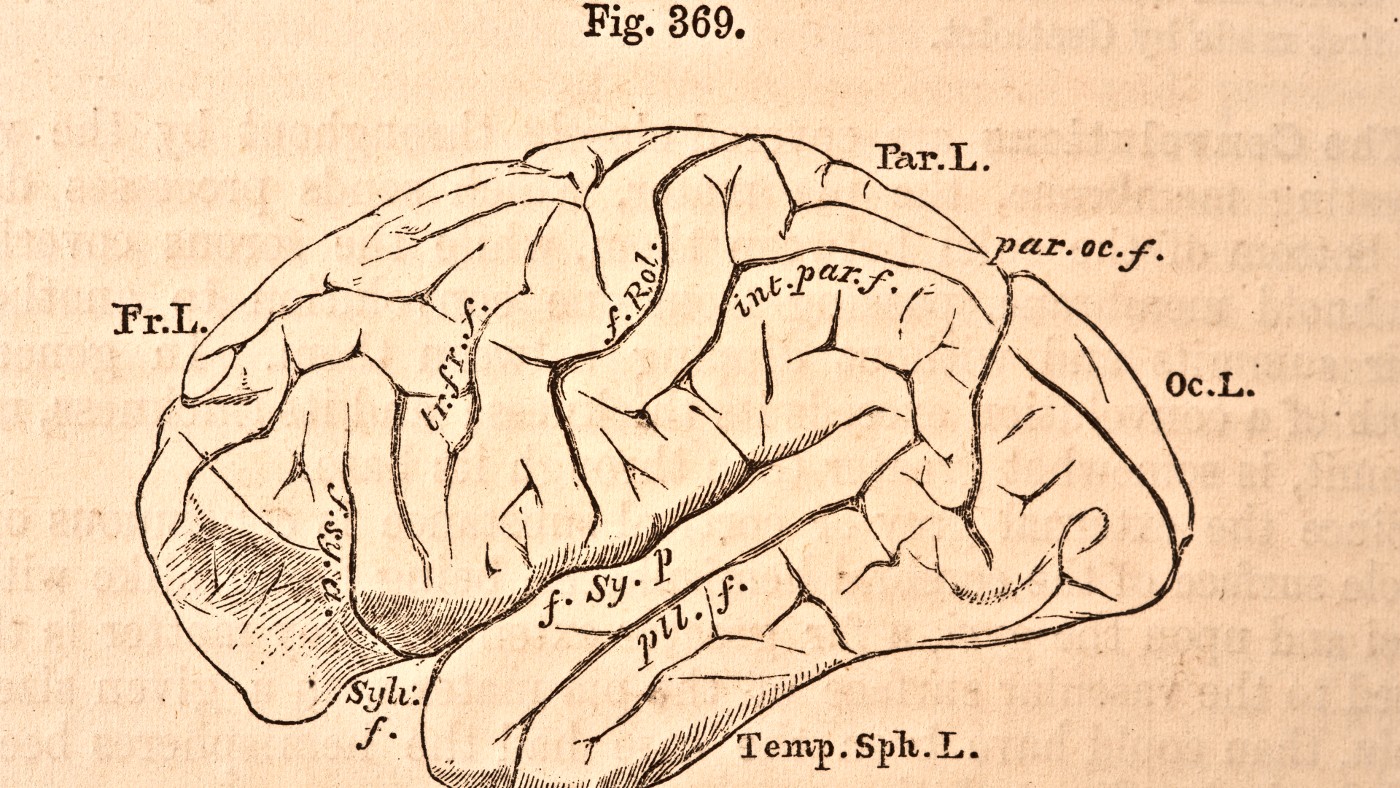 Woman lives with needle in brain for 80 years
Woman lives with needle in brain for 80 yearsTall Tales And other stories from the stranger side of life
-
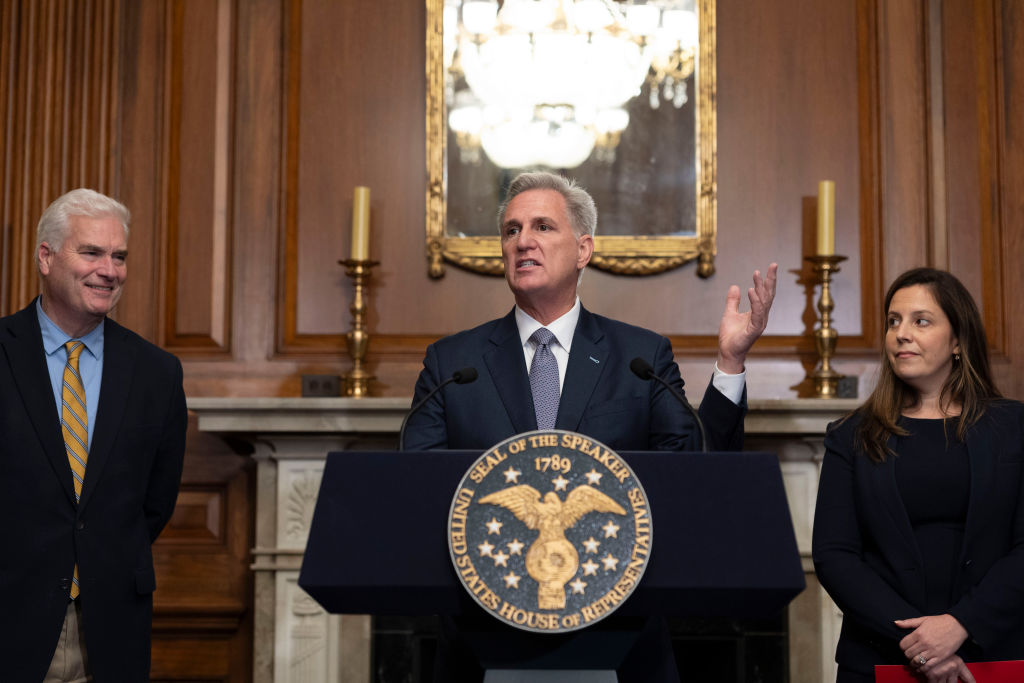 10 things you need to know today: October 1, 2023
10 things you need to know today: October 1, 2023Daily Briefing Government shutdown avoided as Congress passes temporary funding bill, Supreme Court to begin new term as major cases await, and more
-
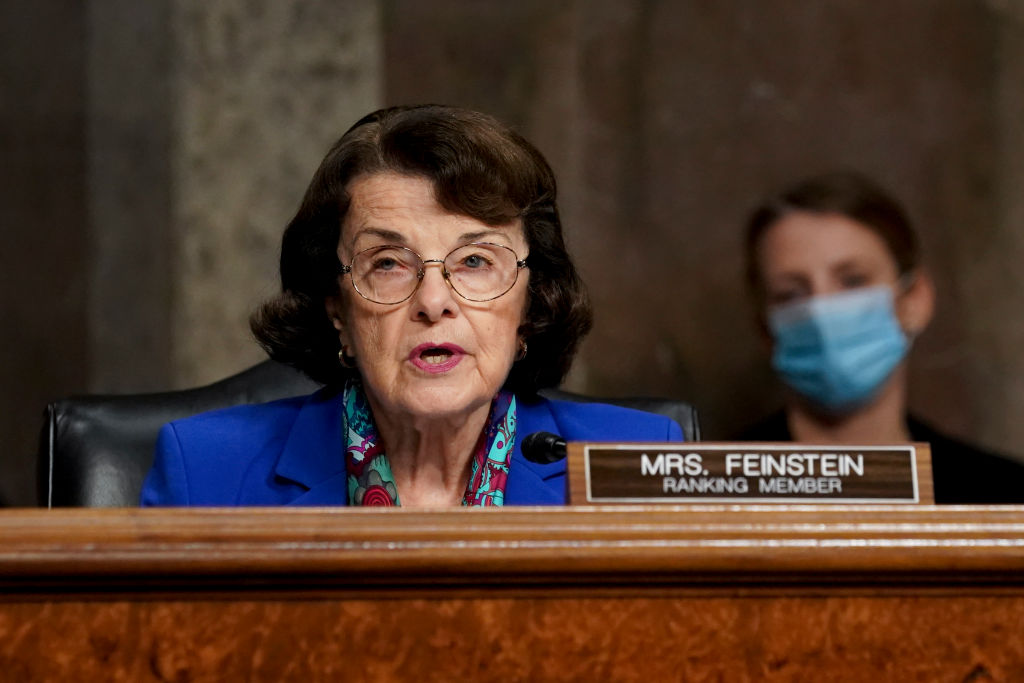 10 things you need to know today: September 30, 2023
10 things you need to know today: September 30, 2023Daily Briefing Government shutdown looms after failed House vote, California Sen. Dianne Feinstein dies at 90, and more
-
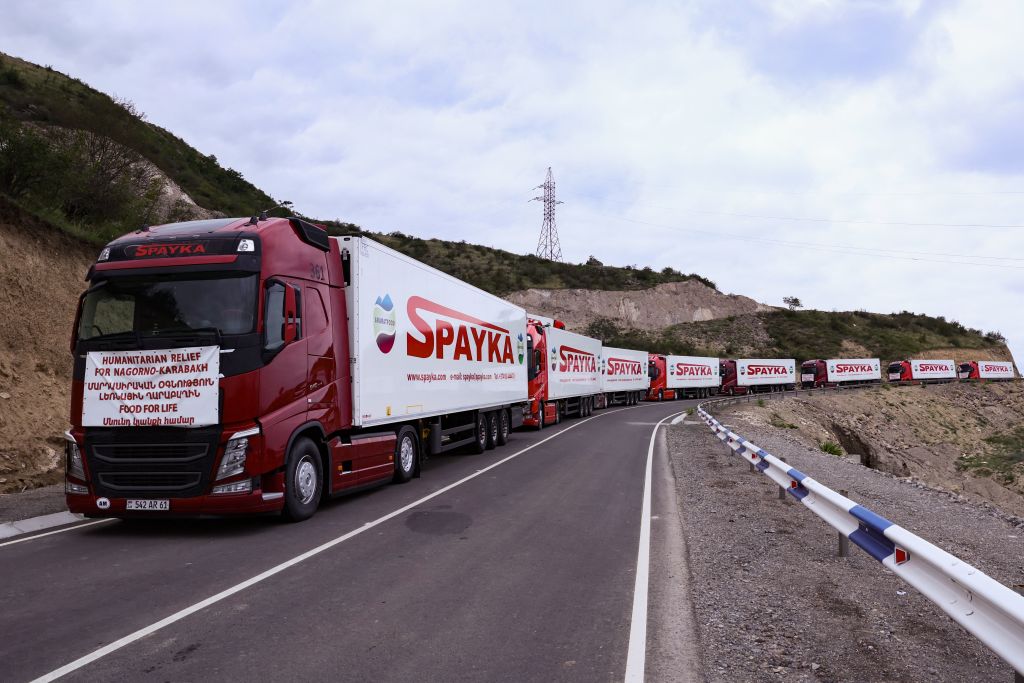 10 things you need to know today: September 24, 2023
10 things you need to know today: September 24, 2023Daily Briefing Nagorno-Karabakh's Armenian population to leave region amid fears of persecution, Atlantic coast remains under flood warnings from Ophelia, and more
-
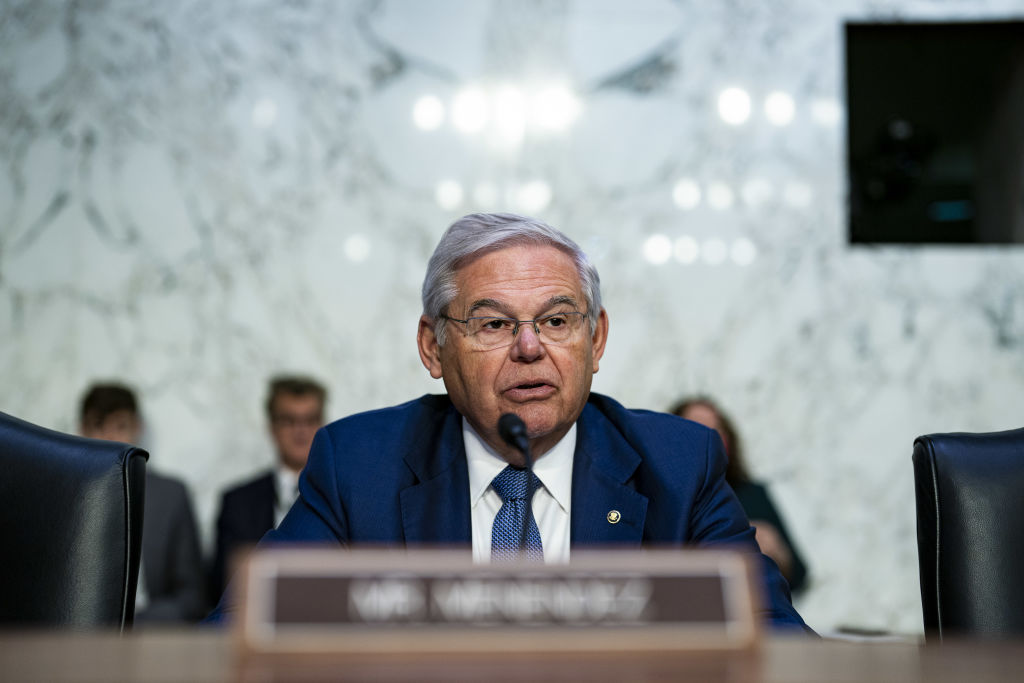 10 things you need to know today: September 23, 2023
10 things you need to know today: September 23, 2023Daily Briefing Sen. Bob Menendez rejects calls to resign following indictment, Ukraine launches missile attack on occupied Crimean city, and more
